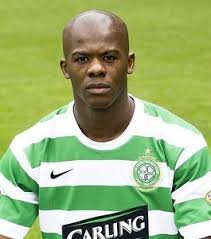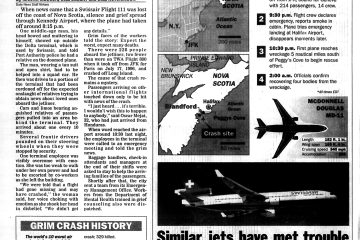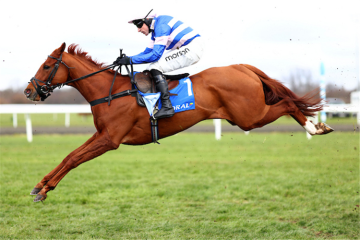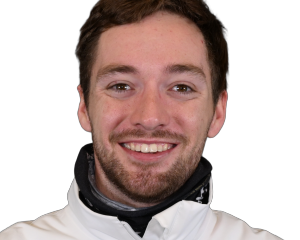Celtic Legend Bobo Baldé: From Football Glory to Current Health Concerns

A Distinguished Career in Football
Dianbobo ‘Bobo’ Baldé, born on October 5, 1975, is a former professional footballer who played as a defender. His impressive career saw him play for several clubs including Mulhouse, Cannes, Toulouse, Celtic, Valenciennes and Arles-Avignon. As a Guinean international, he represented his country 52 times, scoring two goals.
During his time at Celtic, Baldé established himself as a club legend, winning five League titles, three Scottish Cups and two Scottish League Cups. He was also part of the Celtic squad that reached the 2003 UEFA Cup Final.
Post-Playing Career and National Team Involvement
After retiring as a player, Baldé transitioned into management roles. He began his off-pitch career in April 2013 as a sports coordinator for the Guinea national team. In July 2014, he returned to football in a different capacity, joining his former youth club Gombertois as a playing assistant manager. By September 2019, he had advanced to become the manager of Guinea’s national U20 team.
Recent Health Concerns
Recent events have raised concerns about Baldé’s wellbeing. Parents and staff at the Ecole Acates school in the Valentine neighborhood of Marseille have reported concerning behavior from the former international defender. Baldé, who was once known for his defensive prowess on the field, has been observed making cryptic and threatening comments near the school, speaking of a mysterious ‘mission’ he believed he needed to complete.
The situation escalated when Baldé returned to the school on multiple occasions, maintaining the same concerning behavior. Law enforcement ultimately intervened, and the former Celtic Glasgow star (2001-2009) continued to make incoherent remarks during his interaction with authorities.
Legacy in Football
Beyond his club success, Baldé’s international career was also noteworthy. He participated in multiple Africa Cup of Nations tournaments, helping Guinea reach the quarter-finals in 2004, 2006, and 2008, demonstrating his significant contribution to his national team’s achievements.









